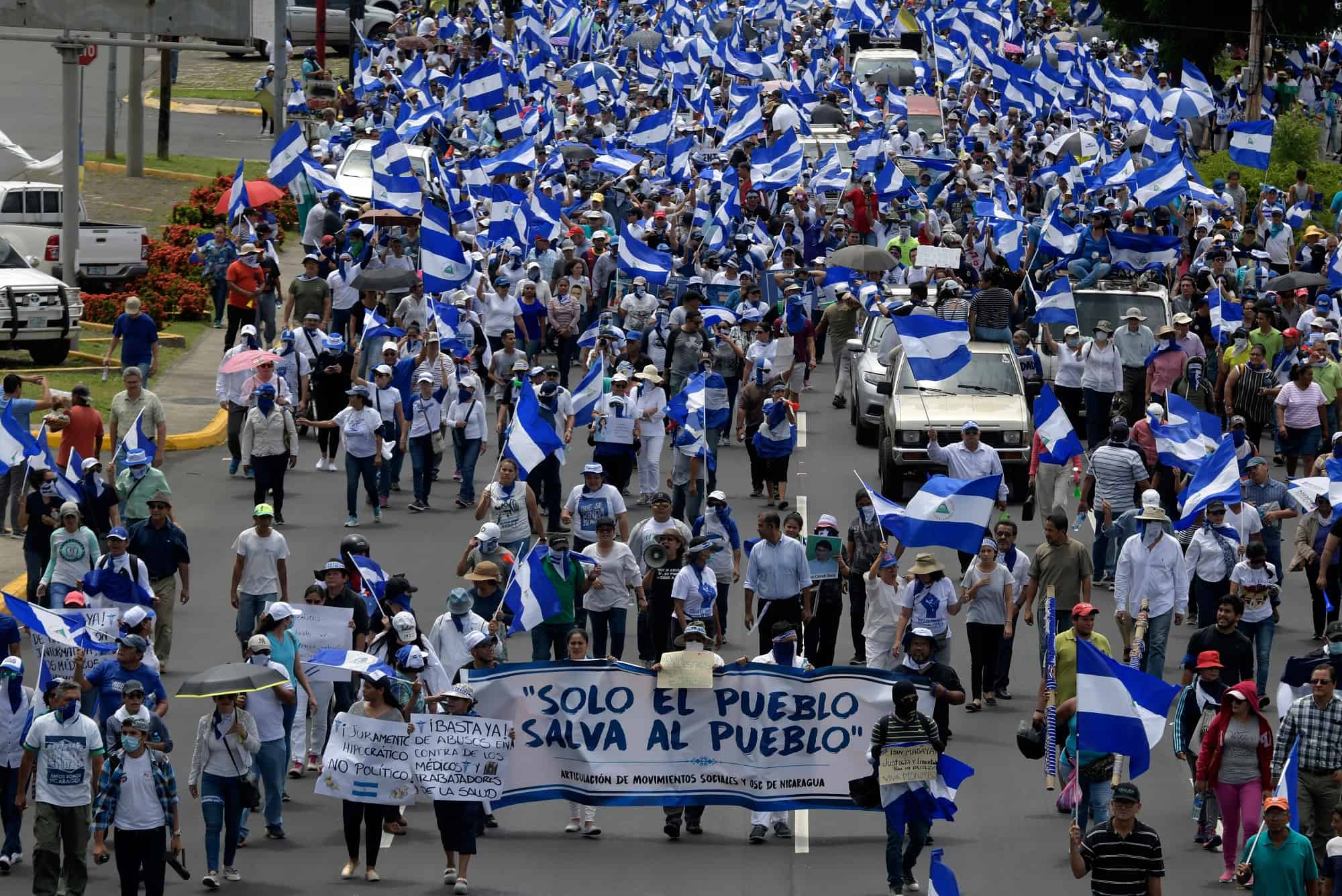Costa Rica and the United Nations High Commissioner for Refugees (UNHCR) announced Thursday an agreement that will provide health insurance to 10,000 refugees by the end of the year.
The UNHCR will finance expanding “the health insurance already enjoyed by 6,000 of the most vulnerable” to cover 4,000 more refugees during 2021.
“We know that this will make a big difference in the quality of life of families who have fled their countries in search of refuge to safeguard their lives and those of their family, especially at a time when the pandemic has shown the great gaps of inequality around the world,” President Carlos Alvarado said in a statement.
The announcement came as part of a visit to Costa Rica by Filippo Grandi, the UN’s High Commissioner for Refugees.
“Despite the enormous limitations, the Government of Costa Rica has maintained its long tradition of hosting and the implementation of policies and initiatives for the protection and integration of refugees,” the Presidency said.
Costa Rica houses a population of about 400,000 Nicaraguans, but that number has grown after the persecution unleashed by 2018 protests against Daniel Ortega, which led tens of thousands to seek asylum.
Earlier this year, Nicaraguans who fled the government of Daniel Ortega to seek asylum in Costa Rica formally requested support from the UNHCR.
“UNHCR received $4.5 million to insure 5,000 or 6,000 asylum seekers in Costa Rica, but we do not have insurance,” Nicaraguan nurse Ana Hernández said at the time.
“Some people have been insured, but we don’t know what criteria UNHCR uses to insure some and not others.”
Costa Rica has long sought international support to assist with the migrant crisis.
“We need support from other countries to realize that shared responsibility,” the Costa Rican president said in December 2019.
Those comments came after the UNHCR asked Costa Rica to expedite refugee requests from Nicaraguans, as well as to improve “measures to facilitate access to healthcare, work and education” for refugees.
Last year, Costa Rica created a special asylum category for Nicaraguans, among others, explaining it “has the obligation to not return these persons” to their country of origin based on risks to their “life, freedom and security.”






